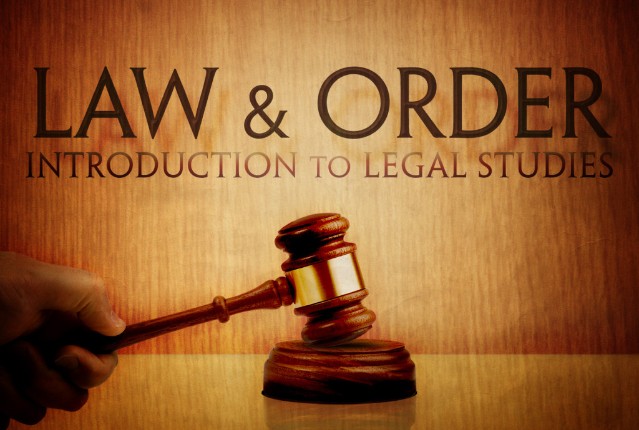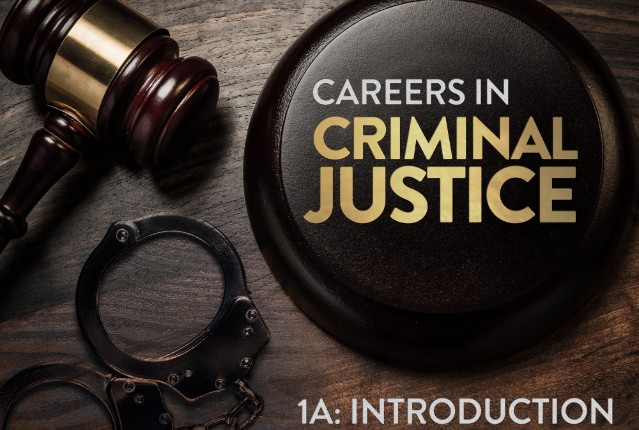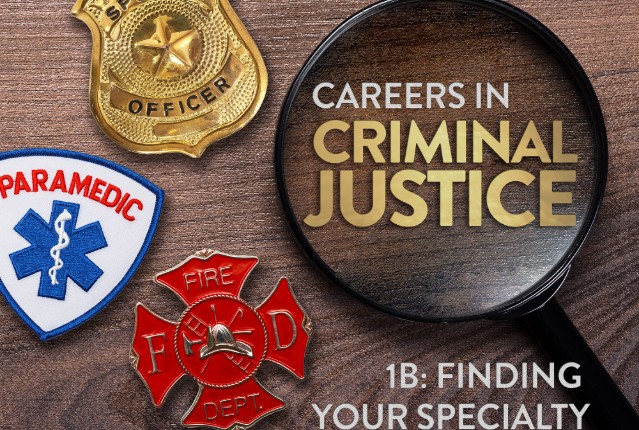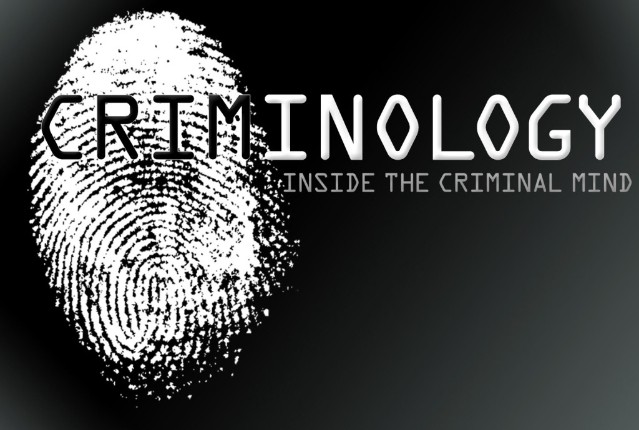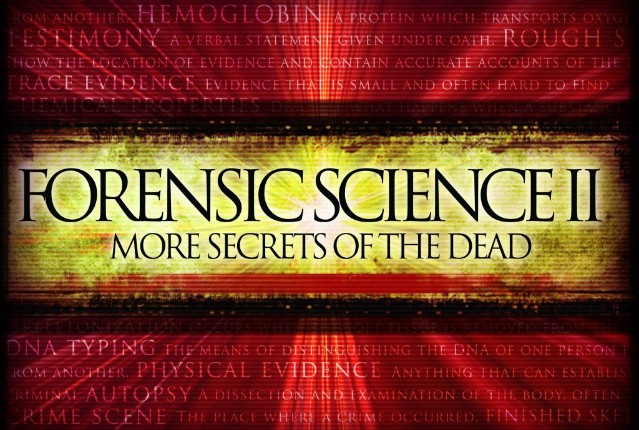We, as human beings, act in predictable ways most of the time: we follow laws, make choices, and go about our daily lives facing many problems and dilemmas. Yet, how do we make the best choices and what factors into our decisions? Some actions, like stealing or kidnapping, are obviously illegal: our laws forbid them. Other actions, like whether to tell a salesperson if they give us too much change back, are less obvious. The system of laws in the United States gives its citizens the tools they need to make decisions in their daily lives and helps to ensure everyone can, for the most part, live and interact peacefully with each other. It is therefore helpful when citizens are informed about the laws that govern their state and country.
This unit focuses on the formation of the United States government, with a specific emphasis on the ideals and documents that shaped our nation. You’ll also learn about how each of the three branches of government work together to create, enforce, and interpret our nation’s laws.
What will you learn in this unit?
- Evaluate various ethical decision-making models
- Understand the importance of laws and how law differs from ethics
- Explore the history of the US legal system
- Discuss the founding documents of the United States and the ideals on which they are based
- Describe the structure, function, and processes of the three branches of government
